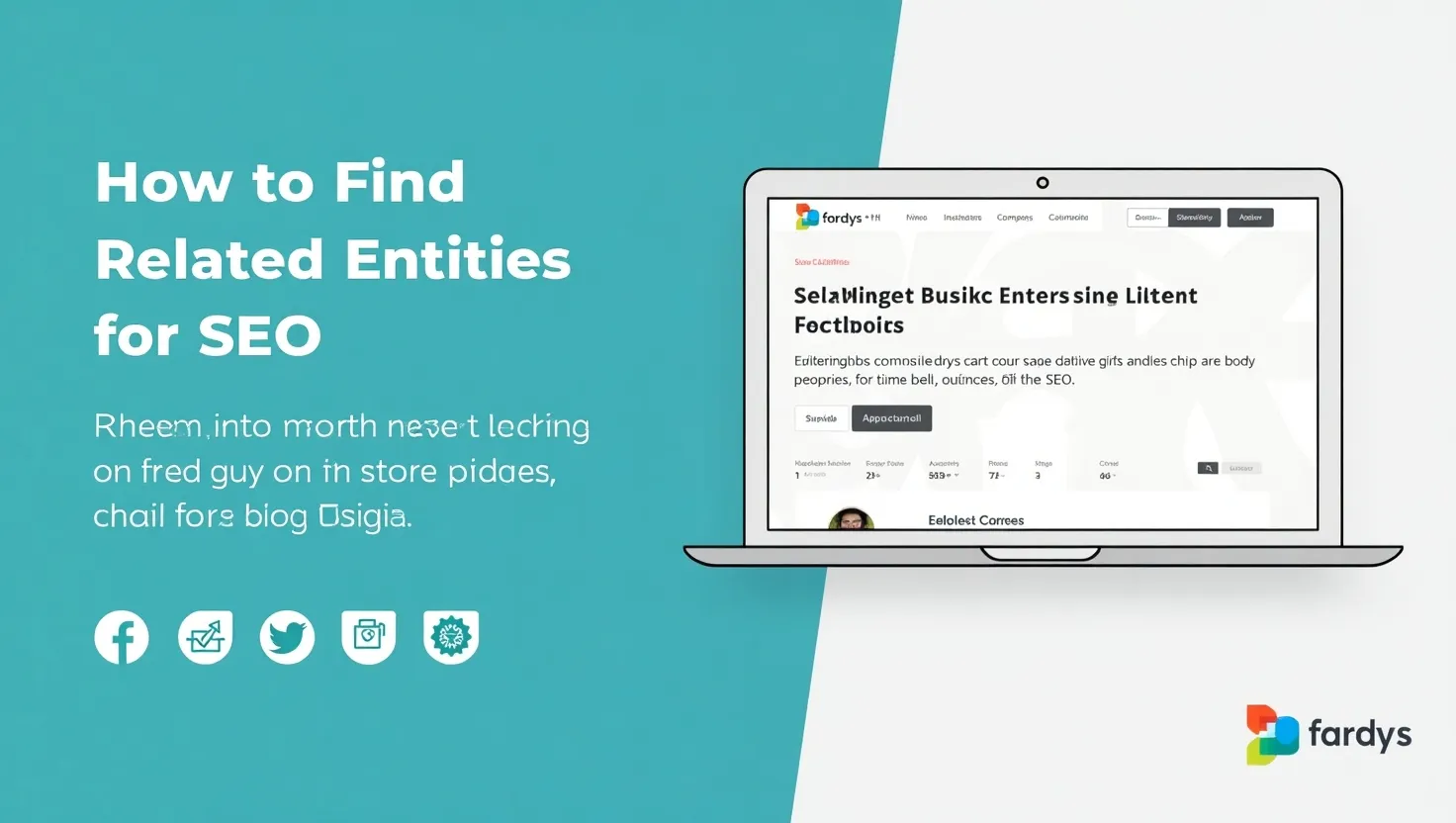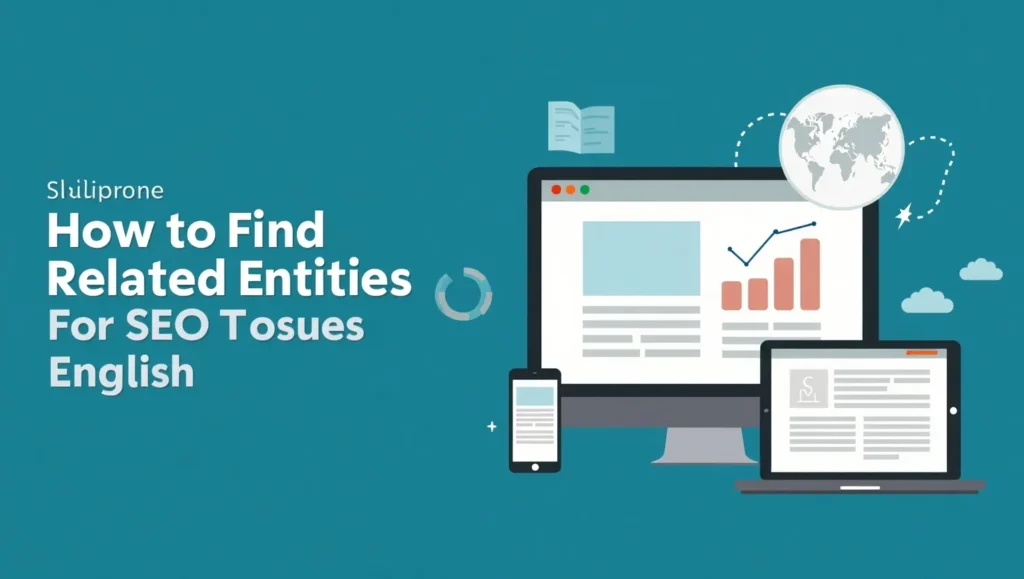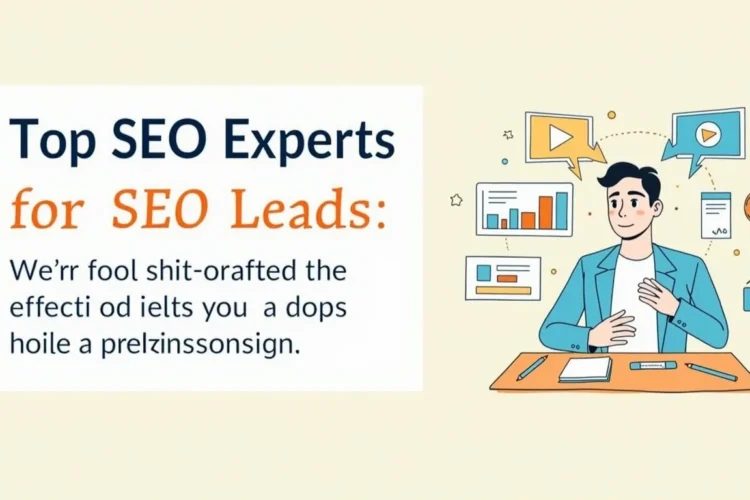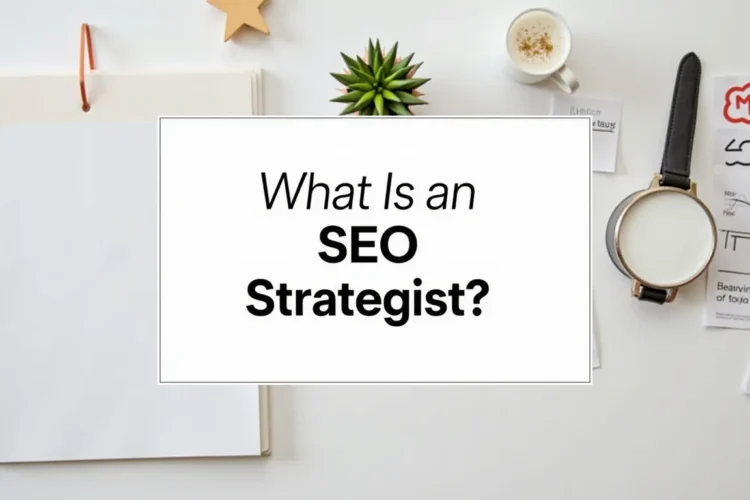
In the world of search engine optimization (SEO), related entities are a powerful way to make your content more relevant and authoritative.
What Are Related Entities in SEO?
Related entities are specific “things” connected to your main topic, such as people, places, organizations, or concepts. Unlike keywords, which are just strings of text, entities have defined characteristics and relationships. For example, if your website focuses on “digital marketing,” related entities might include “SEO,” “content marketing,” “Google Ads,” or even specific companies like “Moz.”
Google introduced entities through its Knowledge Graph in May 2012. The Knowledge Graph is a database that maps relationships between entities to provide better search results, like knowledge panels or featured snippets. By including related entities in your content, you help search engines understand your topic’s context, which can improve your rankings.
Why Are Related Entities Important for SEO?
Incorporating related entities into your content offers several benefits:
- Improved Relevance: Covering related entities makes your content relevant to a wider range of search queries, increasing its chances of ranking.
- Topical Authority: Demonstrating in-depth knowledge of a topic and its related entities establishes your site as an authority, which search engines prioritize.
- Knowledge Graph Visibility: Entities help your content appear in Google’s Knowledge Graph, such as in knowledge panels or “People Also Search For” sections, boosting click-through rates.
- Local SEO Benefits: For small businesses, using local entities (e.g., city names or landmarks) can improve visibility in local search results.
By focusing on entities, you align your content with how modern search engines process information, moving beyond simple keyword matching to semantic understanding.

Methods to Find Related Entities
Finding related entities requires a mix of free tools, premium tools, and manual research. Below are the most effective methods, based on analysis of top-ranking websites in 2025:
Google Search Features
Google’s search results are a goldmine for discovering related entities:
- Autocomplete: Start typing your main topic in Google’s search bar. The suggestions that appear are often related entities or popular search terms. For example, typing “SEO” might suggest “SEO tools” or “SEO strategies.”
- People Also Ask: This section, found in Google search results, lists questions related to your query. These questions often point to entities. For instance, searching “coffee” might show questions like “What are the best coffee beans?” or “Where is Starbucks located?”
- Related Searches: At the bottom of Google’s search results, you’ll find related searches, which are essentially entities or topics tied to your query.
You can automate this process using a SERP API like ValueSERP to collect related queries and questions programmatically.
Knowledge Bases
Knowledge bases provide structured data on entities and their relationships:
- Wikipedia: Browse Wikipedia articles related to your topic. Look at the “See Also” section or linked pages for related entities. For example, the Wikipedia page for “coffee” links to “espresso,” “caffeine,” and “coffeehouse.”
- Wikidata: Use the Wikidata Query Service to find entities and their connections. This is especially useful for technical users.
- DBpedia: Derived from Wikipedia, DBpedia offers structured data on entities, making it easier to find relationships.
Tools and APIs
Several tools can simplify the process of finding related entities:
- Entity Explorer: This free tool visualizes related entities for a given topic, often sourced from Google Images or other data .
- Answer The Public: This tool generates a list of questions and related searches for your keyword, helping you identify entities .
- Google Knowledge Graph API: For advanced users, this API allows direct queries to Google’s Knowledge Graph to find related entities .
- SERP APIs: Tools like ValueSERP can pull data from Google’s search results, including related queries and entities.
Premium SEO Tools
Premium tools offer advanced features for entity discovery:
- SurferSEO: Provides content optimization suggestions based on entities and related topics .
- SERanking: Offers keyword research tools that highlight related entities .
- KeywordTool.io: Helps find long-tail keywords and related searches that point to entities .
AI and NLP Tools
Artificial intelligence tools can generate lists of related entities:
- ChatGPT: Prompt ChatGPT with a question like, “What are entities related to digital marketing?” to get a list of relevant concepts.
- Topic Modeling Tools: These tools analyze large datasets to identify underlying topics and entities, useful for in-depth research.
Manual Research
Sometimes, manual research yields the best results:
- Industry News: Stay updated with industry publications to find emerging entities. For example, reading tech news might reveal new AI tools as entities.
- Academic Research: Scholarly articles often discuss niche entities in detail, especially in technical fields.
- Competitor Analysis: Review competitor websites to see which entities they mention. For example, a competitor’s blog about “SEO” might discuss “backlinks” or “Google Analytics.”
| Method | Description | Tools/Examples |
|---|---|---|
| Google Search Features | Use Autocomplete, People Also Ask, and Related Searches for related entities. | ValueSERP, Google Search |
| Knowledge Bases | Explore Wikipedia, Wikidata, and DBpedia for structured entity data. | Wikidata Query Service, DBpedia |
| Tools and APIs | Use free or API-based tools to visualize or query entities. | Entity Explorer, Google Knowledge Graph API |
| Premium SEO Tools | Advanced tools for content optimization and keyword research. | SurferSEO, SERanking, KeywordTool.io |
| AI and NLP Tools | Use AI to generate lists of related entities or analyze topics. | ChatGPT, Topic Modeling Tools |
| Manual Research | Check news, academic papers, or competitors for entities. | Industry publications, Google Scholar, Competitor websites |
Practical Steps to Incorporate Related Entities

Once you’ve identified related entities, follow these steps to integrate them into your SEO strategy:
- Identify Main Topic Entities: List the primary entities your content focuses on. For example, if you run a blog on HQLinkers, your main entity might be “SEO services.”
- Find Related Entities: Use the methods above to discover entities connected to your main topic. For “SEO services,” related entities might include “keyword research,” “link building,” or “Google Analytics.”
- Create Content Around Entities: Write articles that naturally include these entities. For example, a post about “SEO services” could discuss “on-page SEO” or “content optimization.” Link to related posts on your site, such as What is SEO and Why It Matters.
- Optimize with Structured Data: Use schema markup to define entities on your pages. For example, add schema for a “LocalBusiness” entity if you’re optimizing for a small business. Learn more in How to Use Schema Markup for Better SEO.
Case Studies and Examples
A real-world example illustrates the power of entity SEO. Brew Haven, a local coffee shop, improved its online presence by listing itself in Wikidata and ensuring consistency across online directories like Google My Business. Within two months, it appeared in Google’s knowledge panel, ranking higher for searches like “best coffee in town” and “coffee shop near me.” This boosted its local SEO and drove more foot traffic.
Another example is a tech blog that focused on “artificial intelligence.” By including related entities like “machine learning,” “neural networks,” and “ChatGPT,” the blog ranked for a broader range of queries and appeared in Google’s “People Also Search For” section.
FAQs on Related Entities in SEO
- What is an entity in SEO?
An entity is a distinct “thing” (e.g., person, place, concept) that Google categorizes and connects in its Knowledge Graph. - How does the Knowledge Graph work?
Google’s Knowledge Graph is a database that stores information about entities and their relationships, enabling richer search results like knowledge panels. - Can small businesses benefit from entity SEO?
Yes, especially for local SEO. Listing in directories and using local entities (e.g., city names) can improve visibility. - Is Wikipedia the best source for entities?
Wikipedia is reliable due to its strict editorial standards, but Wikidata and DBpedia are also valuable for structured data. - Do I need coding skills for entity SEO?
No, manual research and SEO tools are sufficient, though coding can help with advanced methods like APIs.
Final Thoughts
Related entities are a cornerstone of modern SEO, helping your content stand out in a competitive digital landscape. By using Google’s search features, knowledge bases, SEO tools, AI, and manual research, you can identify and incorporate entities that make your content more relevant and authoritative. For your site, HQLinkers, applying these techniques can improve rankings and attract more visitors. Start exploring related entities today to future-proof your SEO strategy for 2025 and beyond.



